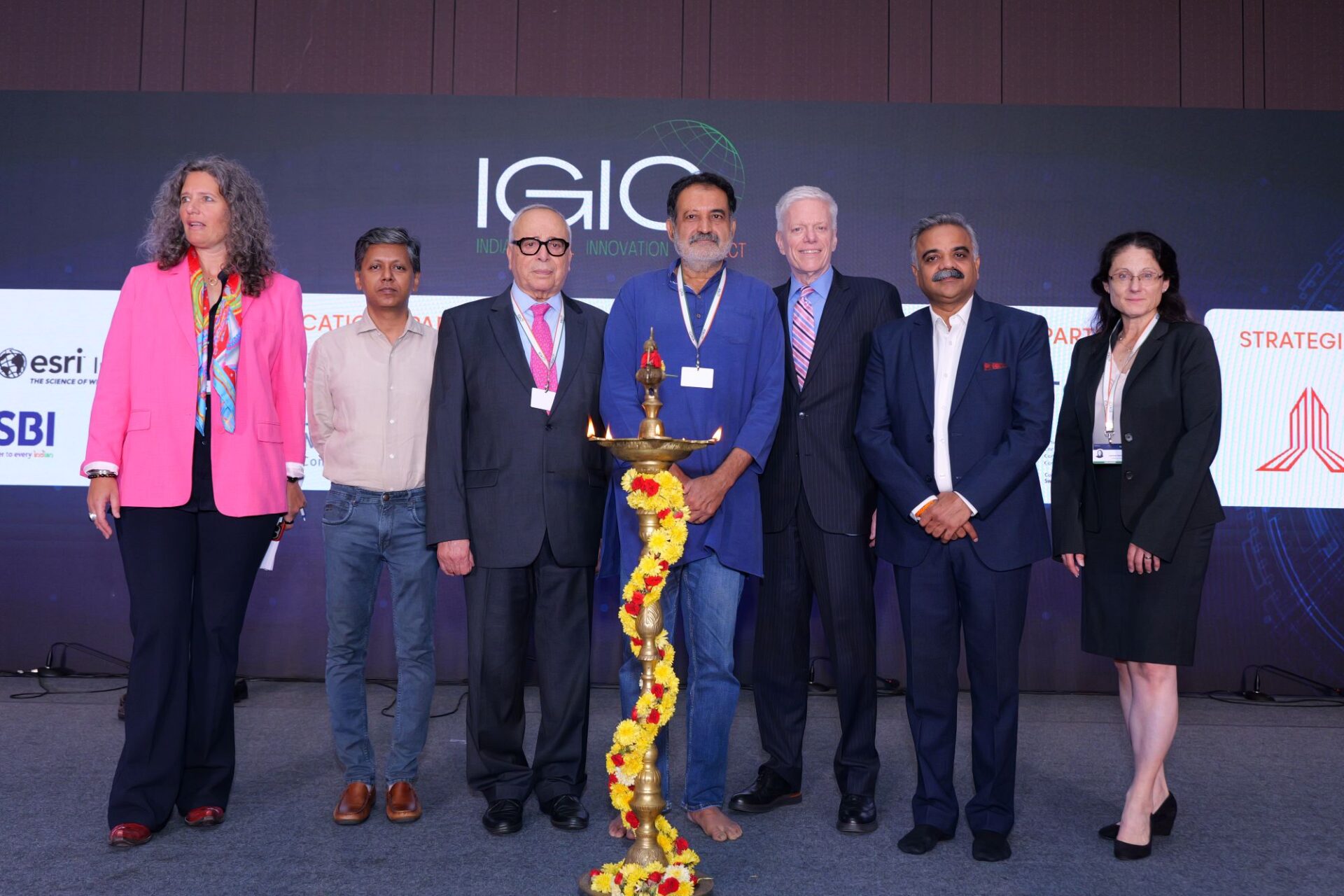Bengaluru found itself at the heart of global innovation as it hosted the 4th edition of the India Global Innovation Connect (IGIC). The two-day summit gathered a compelling mix of technology leaders, policymakers, startup founders, investors, and academics from across the globe. Their collective mission? To unpack the theme “Innovation in the Age of AI: Business, Society and Governance” and explore India’s potential to emerge as a true innovation trailblazer.
Throughout the summit, a key message kept surfacing: this might just be India’s moment to double down on innovation, powered by artificial intelligence (AI), deep tech, and well-timed reforms. The conversations framed AI, clean tech, and structural and process reforms as essential ingredients in the recipe for “Viksit Bharat”—a fully developed, self-reliant India.
Global Minds Converge in Bengaluru
Delegates from a broad range of countries—the US, Japan, Korea, Germany, Singapore, Israel, Switzerland, France, and the UAE among them—came together to discuss how deep tech is reshaping industries and society. The summit’s first day zeroed in on the transformative impact of these sectors, featuring keynotes, fireside chats, and candid dialogues that tackled India’s evolving position in the innovation ecosystem.
Among the attendees were startup founders, VCs, corporate leaders, government figures, and public policy experts. Their conversations spanned a wide spectrum: from the disruptive power of AI and deep tech to “invisible reforms,” fintech innovations, the ethical and societal dimensions of AI, aerospace developments, medical tech breakthroughs, and reimagining education in a world run by algorithms. There was also considerable interest in how startups and legacy businesses can collaborate to unlock fresh ideas.
India at a Turning Point
Claude Smadja, Chairman of Smadja & Smadja Strategic Advisory, framed India as standing at an inflection point. “India today stands at a pivotal inflection point, both in its domestic evolution and its global positioning,” he noted. He stressed that with the world undergoing seismic shifts due to AI and deep tech, India is uniquely poised to accelerate its innovation journey. Especially in big data—a space where India enjoys a certain edge—the opportunities seem particularly ripe.
Echoing this, Mohandas Pai, Chairman of Aarin Capital, underscored the urgency of preparing for a future where quantum computing and automation may redefine work as we know it. “We must rethink how we educate the next generation and how we build networks, not just of nations, but of people and cities across the world,” Pai said. His take was clear: Bengaluru is uniquely positioned to lead this charge.
Beyond Structural Reforms
Sanjeev Sanyal, Member of the Economic Advisory Council to the Prime Minister, offered a nuanced take on reform. “When we speak of building a Viksit Bharat, we must look beyond structural reforms and focus on process reforms,” he said. According to Sanyal, tweaking how systems operate—rather than just what those systems are—can unlock meaningful improvements in efficiency and impact.
Adding to this, Sanjeev Gupta, CEO of the Karnataka Digital Economy Mission (KDEM), emphasized that real digital transformation hinges on sustained, hands-on effort. He pointed out that reforms should offer genuine value to both citizens and businesses. For them to stick, they need to bridge fragmented systems and help public officials use tech to chase real-world outcomes.
AI in Business and Investment
AI’s role in reshaping enterprise strategy also took center stage. Vic Bhagat, Senior VP and Global Advisor at Kyndryl, spoke about how deeply AI is embedded in productivity gains. “AI’s power and its seamless integration into enterprise technology delivers exceptional productivity and automation,” he explained. For Bhagat, the secret sauce lies in blending speed and scale—and doing it fast enough to stay competitive.
From the investor’s perspective, Jay Krishnan, Partner & Head of India Investments at Beyond Next Ventures, provided a window into what deep science investing looks like. “We often enter before compliance frameworks even exist, focusing on ideas rooted in physics, chemistry, and biology,” he shared. These early bets, especially in areas like climate and energy, carry risk—but they’re also where transformative change tends to start.
Bengaluru as a Global Innovation Node
The event underscored Bengaluru’s status as a critical node in the global innovation chain. Strategic support from Karnataka Digital Economy Mission and sponsors like Axilor and Esri India played a big role, along with inputs from Knowledge Partners such as Covington & Burling USA and Swissnex. Organizations like TiE, JETRO, Start2Group, and IVCA also brought important perspectives to the table.
IGIC 2025 made one thing clear: Bengaluru isn’t just riding the innovation wave. It’s helping shape its direction. With a strong push toward both structural and process reforms, paired with deep tech expertise and a collaborative ecosystem, India seems increasingly well-positioned to lead on the global innovation stage. The question now is not if, but how fast it can move.



















